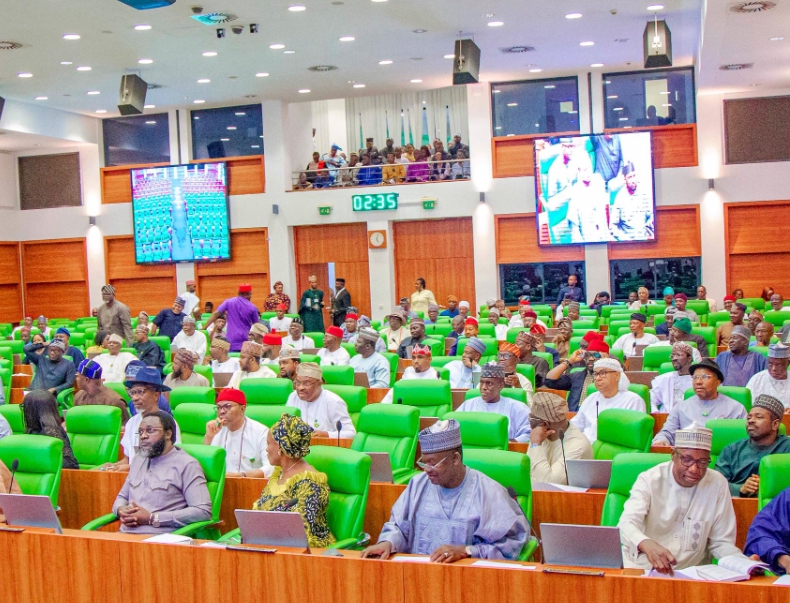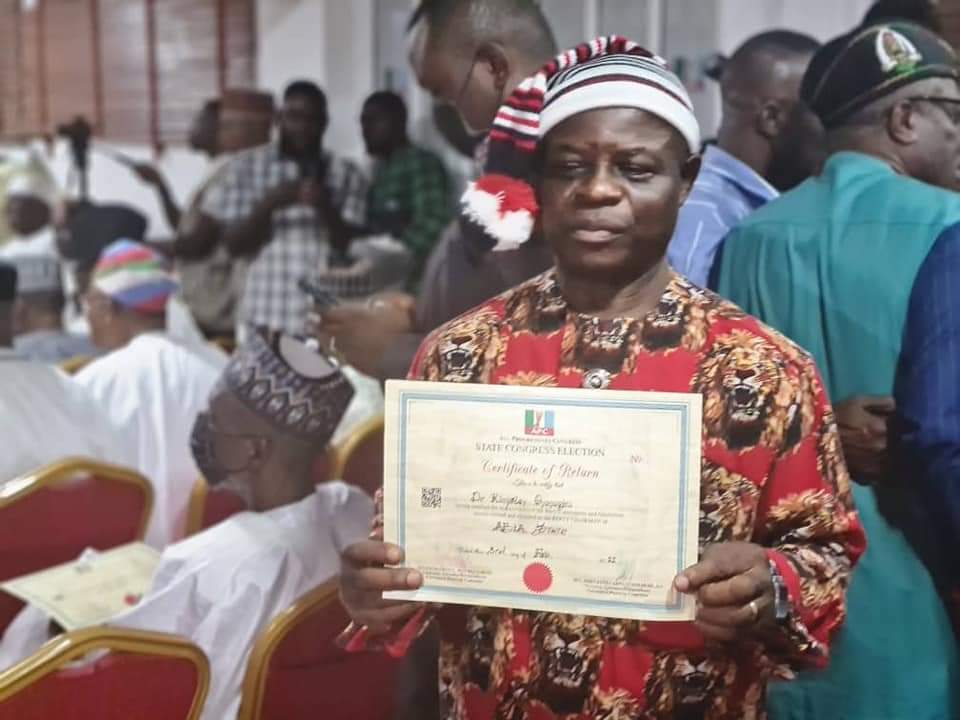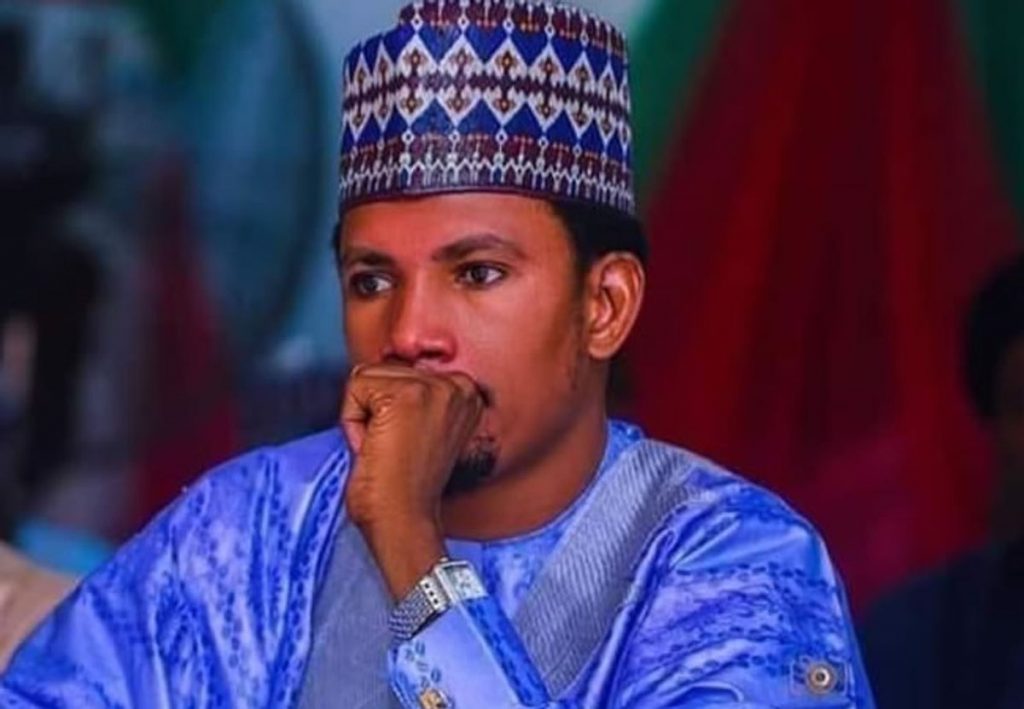The chairman of the House of Representatives Committee on Safety Standards and Regulations, Hon. Sulaiman Abubakar Gumi, has said that safety in Nigeria’s electricity sector cannot be compromised.
Speaking during a briefing at the National Assembly Complex in Abuja, he announced plans to collaborate with the Association for Public Policy Analysis and other key stakeholders to organize the Nigeria Electricity Supply Industry Safety Conference.
Despite the federal government’s efforts to address safety concerns, Gumi noted persistent challenges, including vandalism, theft, unlicensed electrical installations, and the use of substandard materials.
“The Committee identified the Power Sector as an important sector whose safety standards and regulatory policies should be observed for effective legislative actions.
“The federal government of Nigeria has made a commitment towards enhancing safety standards and regulations in the electricity sector by ascertaining laws, regulations, and established institutions to coordinate, implement, and enforce the laws.
Read Also: Quick facts about ‘Coming to America’ actor James Earl Jones
“This is with the overall aim of ensuring that electricity service delivery in the country is carried out in a safe, secured, and qualitative manner, devoid of loss of lives and properties.
“Moreso, to relieve the occurrences of incidences such as electrical accidents, electrocution, distortion of the functionality of electricity networks and grids, theft and vandalism, and so on.
Despite the efforts of the Government in creating laws, setting up regulatory policies, establishing institutions of State, and providing guidelines, codes, and rules which operators in the sector should abide by, problems still exist,” he said.
He said the situation calls for concern on compliance and enforcement of laws and policies strengthened to enhance safety standards and regulations.
He said stakeholders expected at the conference have identified opportunities, prospects, and challenges that need to be shared with Nigerian electricity stakeholders operating at state, geo-political zones, and federal levels.
This is to take advantage of existing opportunities, explore prospects, and contribute to proffering solutions to challenges of safety standards and regulations in the power sector of the nation.
“The conference is no doubt going to lay a foundation that will enable the Committee to carry out her constitutional functions of oversight and investigation enshrined in Section 88 of the 1999 Constitution of the Federal Republic of Nigeria as amended,” he said.
He said the main objective of the conference is to bring stakeholders concerned with the design, implementation, and enforcement of safety standards and regulatory policies of the Nigerian Electricity Supply Industry together with private sector operators, consumers, and Nigeria’s International Development Partners.
“This is to appraise opportunities, prospects, and challenges existing in the Safety Standards and Regulation segment of NESI to come up with a Legislative, investigative, and oversight compliance as well, as enforcement of electricity safety standards and regulation policy document,” he said.
He said it aims to develop an all-inclusive policy document that will strengthen the oversight and investigative responsibilities of the Committee to enhance safe, secured, quality electricity service delivery in the country.
Gumi said it would also provide opportunities for stakeholders responsible for training and capacity building in NESI to enhance the capacity of persons carrying out electricity installations to professionally apply safety standards and regulations.
He added that it would strengthen compliance and enforcement strategies for the prevention of vandalism, theft, false declarations, etc through exposition on the offences and penalties segment of the Electricity Act 2023.
“The conference aims to build synergy among stakeholders and enhance a collective approach to deal with the menace of manufacture, importation, marketing, and use of sub-standard electrical materials and quackery in the nation’s power sector.
“It aims to address the challenges of importation of substandard solar systems and materials required for execution of renewable energy and climate change related projects, through the articulation of framework for Renewable Energy Safety Standards and Regulations policy.
It will also address the nexus between electricity safety standards and regulations, health and construction policies at the Local, State, and Federal Government levels,” he said.





